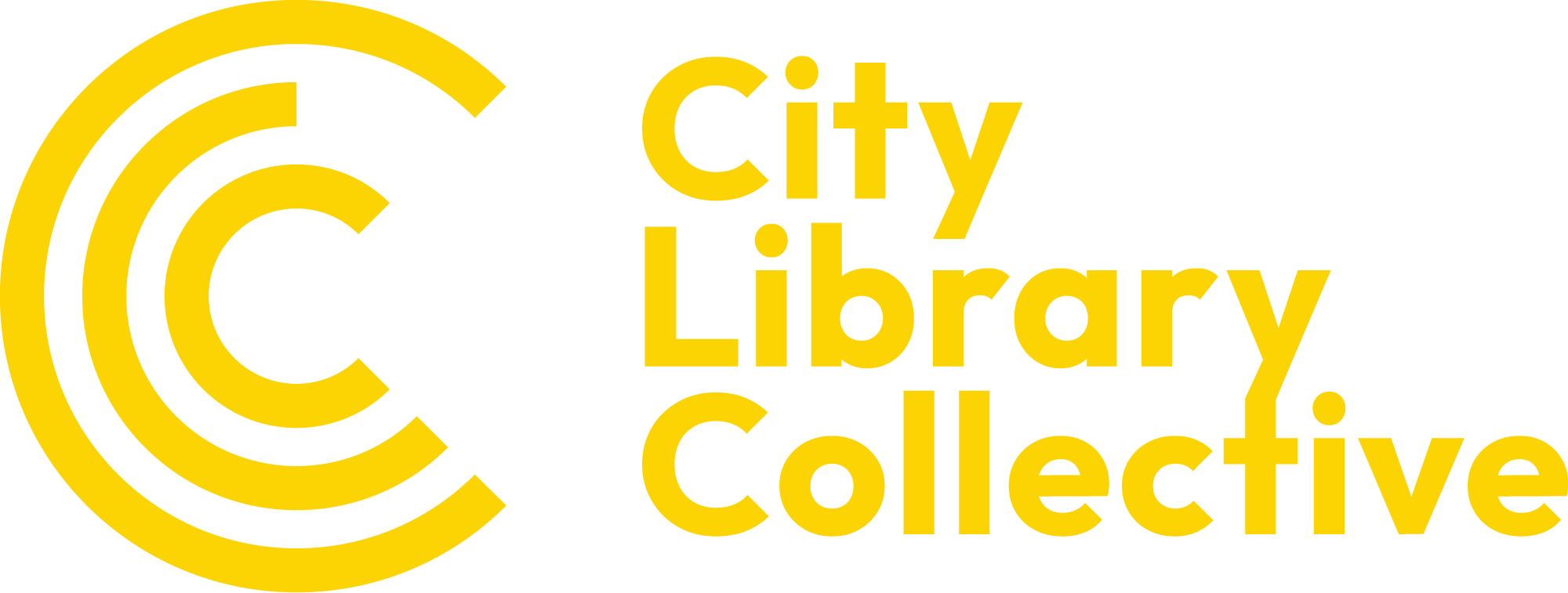Local Project: Racine PL – Engaging From the Ground Up
Racine Public Library – Racine, Wisconsin
Author: Angela Zimmerman, Executive Director
Final Cost: $26,750
Table of Contents
Library and Community Information
Library Profile (2019)
- Service population: 77,447
- Staff FTE: 41
- Total library income: $4,091,126
- Total visits: 245,822
- Total cardholders: 53,508
- Total circulation: 648,048
Community Profile (2020)
- Population: 76,893
- Median age: 34.9
- Median household income: $44,346
- Poverty rate: 20.7%
The Takeaways
- Through the use of staff training, equipment purchases, and re-framing difficult discussions, the library has been able to shift away from crisis responses that may unintentionally harm patrons and toward responses that attempt to support, rather than punish patrons in crisis and help create a safe community space for all residents.
The Project
Tell us a little about your library and where you are in resilience readiness, including applying aspects of social work in your operations. Are you a beginner, have some experience, or far along?
Racine Public Library is quite far along in having a full time-bilingual social worker on staff as well as a social work intern.
Describe your project! What did you do? Who was involved? What did it cost, in terms of both purchases and staff time?
Racine Public Library staff received crisis intervention/verbal training, as well mental health training, which provided staff with an effective framework for preventing, de-escalating, and safely responding to crisis behavior. Racine Public Library also received training and held a community panel with local partners and community members during an in-service staff training day around the concept of ‘Whose Safety is Priority within the Library?’ We have made a strong and quick effort to completely rethink our presence/idea of security within the building and to lean away from punitive engagement and focus rather on community engagement and lean in more to the strengths-based skillset and approach of our social worker and social work intern.
Racine Public Library was able to receive a decent amount of the ARPA grant which went towards a variety of training, speakers, bus passes for distribution by the social worker, and items (hotspots, flip phones, Chromebooks, etc.) to create and circulate career connection kits (along with a partnership built with the Department of Workforce Development/Job Center).
How did you decide to pursue this project? What needs did it address in your library and community? How did you discover these needs?
For several years at Racine Public Library, our requests for services addressing homelessness, addiction, mental illness, domestic violence and other issues have significantly increased. This was the catalyst to bringing on a full-time social worker.
We also want to make our building a safe and accessible space for all and to do so, we felt strongly that the presence of security in the building was unnecessary. Therefore, staff was taken through crisis prevention training and whole person librarianship training to effectively deescalate situations. This was also the catalyst to hiring Public Safety Specialists on our staff (as opposed to contracting with an outside security firm) so they may align with the goals and vision of the library.
What is the intended impact of your project, and how did/will you measure it?
We will measure the impact through a variety of reports: incident reports, patron interactions with our social worker and the needs/concerns of those community members, total bus passes distributed, and circulation numbers of the career connection kits.
What challenges, seen and unforeseen, did you encounter? What strategies did you use to overcome these?
Most likely the largest challenge we encountered was the staffs’ initial resistance to the idea of learning crisis prevention techniques, understanding the whole person librarianship and holistic approach idea, and the hiring of a full-time social worker. It’s important to be very transparent and communicative with your staff as to why the library would be going this direction.
Looking back, what might you do differently if you were to redo this project?
N/A
What do you want other librarians to know about your project?
The project will continue to be a fluid one, changing each day. We’re happy to discuss our progress to being resilient ready with any interested library.
How have you incorporated concepts of community resilience into your library’s work? Have you found trainings like Ryan Dowd’s Homeless Training, Sara Zettervall’s Whole Person Librarianship, or others valuable? What have you found to be the most useful and how have you applied it in your specific community?
Yes. The overall assessment of our systems and policies of practices to better deal with the issues we see each day that will have a greater impact on the entire community. Training staff, removal of barriers, focusing on inclusivity and providing a safe space for all.
Additional information
Communication/Press
- Podcast: Litigants need help? Send them to the library (really)!
- Fox6 News: Racine library adds a social worker
- CBS58: Now you can get help from a social worker at the Racine Public Library
- Editorial: ‘Libraries are in the human business:’ Social workers in libraries is a good model
- Racine & Me: Social Worker Interview
- Presentation at national conference: Students, faculty, and alumna present on social work practices in libraries at national conference
- Zimmermann Presentation at Southwest Wisconsin Association of Libraries (SWAL): Social Work Principles in Libraries: On the Ground in Racine: PDF download – PowerPoint download
- WiLSWorld Shorts Webinar: Social Work Concepts in Libraries
- Social Work Staff in Wisconsin Libraries – In Their Own Words
Documents
You can also find documents and resources related to Racine Public Library’s Social Worker and Intern here:
Training
- Staff In-Service Training Day for Racine Public Library on May 13th, 2022: Agenda
